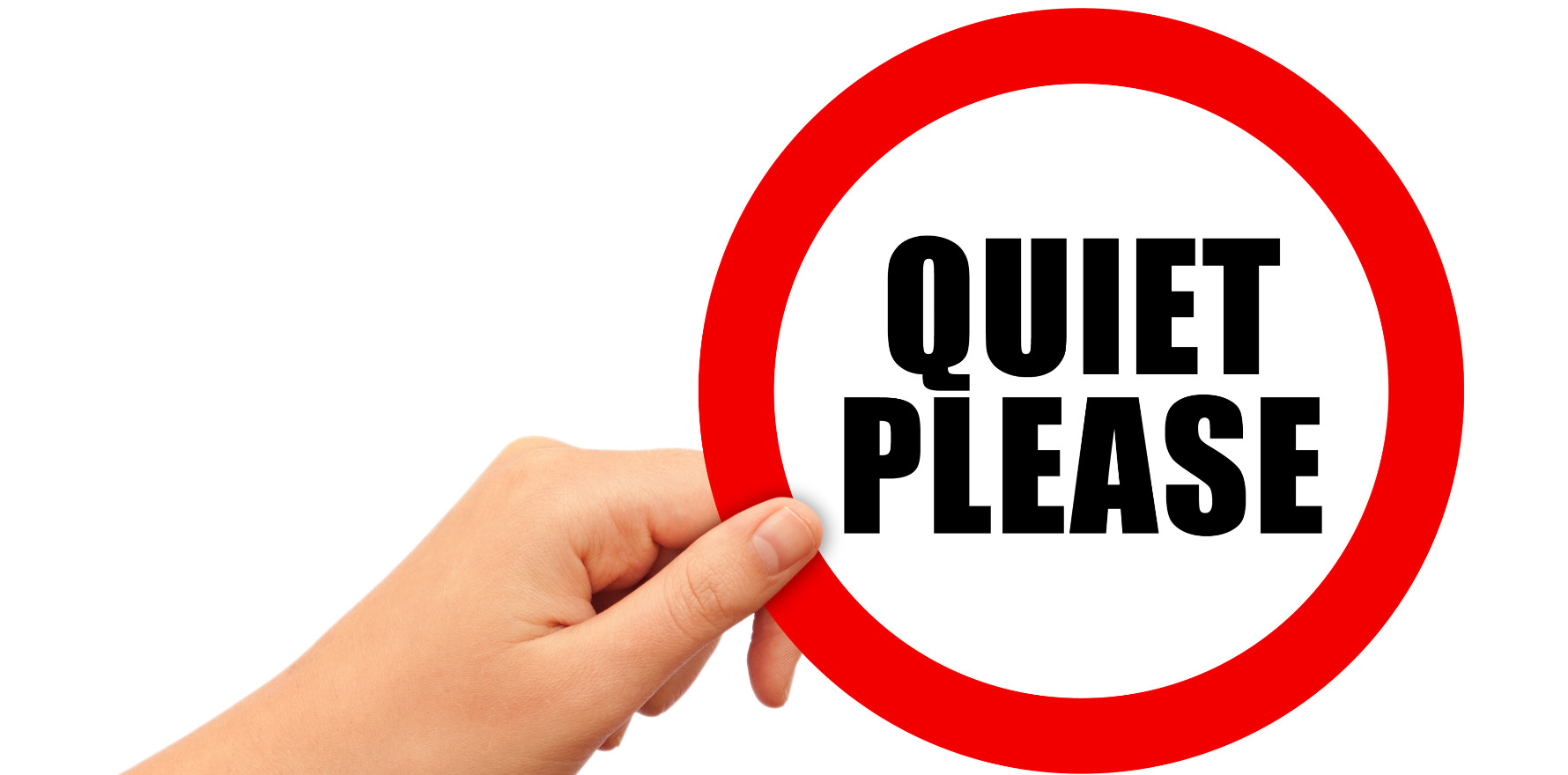Delegates feel their strongest, most unanimous recommendation is already out of contention and that the report won’t reflect their input.
Anger erupted halfway through the final day of the NSW Drug Summit, with delegates complaining that their calls for drug decriminalisation had already been ruled out by the government and that their proposals were being “wordsmithed” by organisers and co-chairs.
Greens MP Cate Faehrmann led a press conference in which she called the summit a box-ticking exercise and said it was “incredibly disappointing” to find out mid-proceedings that the government would not consider what the vast majority of participants were calling for.
This was in reference to offstage comments from health minister Ryan Park that decriminalisation was off the table, which he had also told the ABC on the eve of the summit.
Dr Annie Madden, executive director of Harm Reduction Australia, said she was beyond disappointed and felt betrayed by what she and others had thought would be a good-faith exercise.
“I’m angry, really angry – I’m devastated,” she said. “It means a great deal to me and my community that we see real reform here. We’ve been talking about reform for decades.
“The minister was outside, quoting the premier from months ago, saying decrim is off the table, while we’re inside saying that’s the number one thing that needs to happen – it’s disrespectful.
“Experts have spoken, the community has spoken. Now is the time to act.”
She said people were furious at the way proposals made in themed breakout sessions were being transcribed in weasel words that weakened their intent and left them wide open to interpretation – for example, decriminalisation being recorded as “legal reform”.
She said people were “in revolt” and wanted to walk out of the room.
Ms Faehrmann said even if the contributions were recorded faithfully, as ice inquiry commissioner Professor Dan Howard had demonstrated, a good report could be left to gather dust.
Former director of public prosecutions Nicholas Cowdery joined the call for decriminalisation.
“Criminal law exists for the protection of the community, to reduce harm,” he said. “Criminalising the drug user does not reduce harm it increases harm. So decriminalisation is one of many recommendations with very strong [evidence] at this drug summit that must be implemented.”
A representative from Pill Testing Australia said the organisation was ready to implement drug checking but had been repeatedly rebuffed by the NSW government.
“It is time for NSW to keep up with the rest of the country and not to have another whole festival summer, which I have worked at previously, where there were multiple deaths,” she said.
Related
“I don’t want to have to go to another coronial inquest and have to look at a parent’s face [wondering] what happened.”
In the first speech of the day there had already been signs the government wasn’t listening to the testimonies, evidence and suggestions being presented.
NSW health minister Ryan Park addressed stigma in his opening remarks, picking up on a comment by co-chair John Brogden yesterday, who said he felt able to discuss his own mental health struggles without shame, but that the same was not the case for drug users.
“We don’t need judging and moralising,” Mr Park said. “What we need is support and compassion.
“John raised yesterday … the stark contrast in the way in which we view mental health challenges that people may experience and the way we deal with drug use challenges that people experience.
“[Since 1999] we have certainly come a long way in relation to that issue and mental health, if we’re all honest with one another, we haven’t done the same in relation to drug use … we haven’t moved the dial in relation to stigma.”
Dr Madden, during a panel discussion yesterday, had already given a very simple but serious answer on how to fix stigma – for anyone who was listening and serious about solving the problem.
“Criminalisation is what drives people’s attitudes to people who use drugs,” she said. “People equate illegal with immoral, therefore they feel they have a right to treat people like … dirt on the ground.”
A speaker today with lived experience of drug use employed a striking metaphor to describe the significance of stigma, not just as unpleasant for recipients but as a barrier to action on drug use.
“We all know what [stigma] means, and we all know it’s not good,” she said. “But the reality is that it’s the cement that keeps everything locked in place, the way it is. It’s the thing that enables us to keep persisting with getting lots and lots of evidence, but not actually acting on it.”
A user of 30 years, she described her “fundamental, essential sense of being wrong and not belonging … a real sense of being ostracised and separated. And unfortunately, a lot of our approaches to drugs have only furthered that. They’ve only amplified the sense of not belonging and the sense of being worthless.”
Dr Mary Harrod, CEO of the NSW Users and AIDS Association, also spoke powerfully of her own use and the pervasive judgement and dehumanisation that users experience, including in healthcare settings.
“Drug users are the despised,” Dr Harrod said. “Google drug user, and you get a page filled with images of people with sunken eyes hanging their heads. The casual slur ‘junkie’ is acceptable and frequently used. It’s impossible not to internalise that level of stigma.
“The overwhelming message is that you’re to blame for your problems, that you can’t be trusted and that you deserve what you get.
“The world has endless ways of giving you this message, from the silent tsk-tsk when you’re actually honest with the doctor, to the nurse who puts on extra PPE to do your HIV test, to sitting in an emergency room listening to your child screaming in pain, only to be told by the registrar that they can’t have any pain relief because they can’t encourage drug seeking.”
Dr Harrod took issue with the kind of moralising binary heard from supposedly well-meaning people.
“First and foremost we need to banish the idea that drives so much stigma: you’re either an addict or you’re in recovery. Most of us are just fine, thank you, and we don’t need to be redeemed.”





